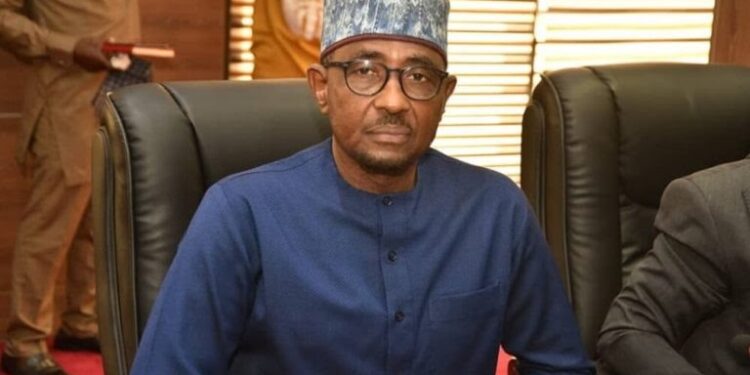Nigeria’s economy is facing significant challenges due to a sharp decline in global oil prices, exacerbated by the recent imposition of tariffs by U.S. President Donald Trump.
The Federal Government has expressed concerns that these developments could jeopardise the nation’s 2025 budget and overall economic stability.
Farouk Ahmed, CEO of the Nigerian Midstream and Downstream Petroleum Regulatory Authority (NMDPRA), attributed the volatility in oil markets to the aggressive and inconsistent tariff policies of the U.S. administration.
He highlighted a dramatic drop in oil prices from $73 to $60 per barrel in a single day, underscoring the impact on Nigeria’s revenue inflows.
The 2025 Nigerian budget was predicated on an oil price benchmark of $75 per barrel and a production target of 2.06 million barrels per day. However, with current production levels at 1.4 million barrels per day and oil prices hovering around $60 per barrel, there is a looming risk of revenue shortfalls.
In addition to oil price concerns, Nigeria is contending with a 14% tariff imposed by the U.S. on its exports. While oil and gas exports are exempt, the tariffs affect non-oil exports, potentially undermining the competitiveness of Nigerian products in the U.S. market.











